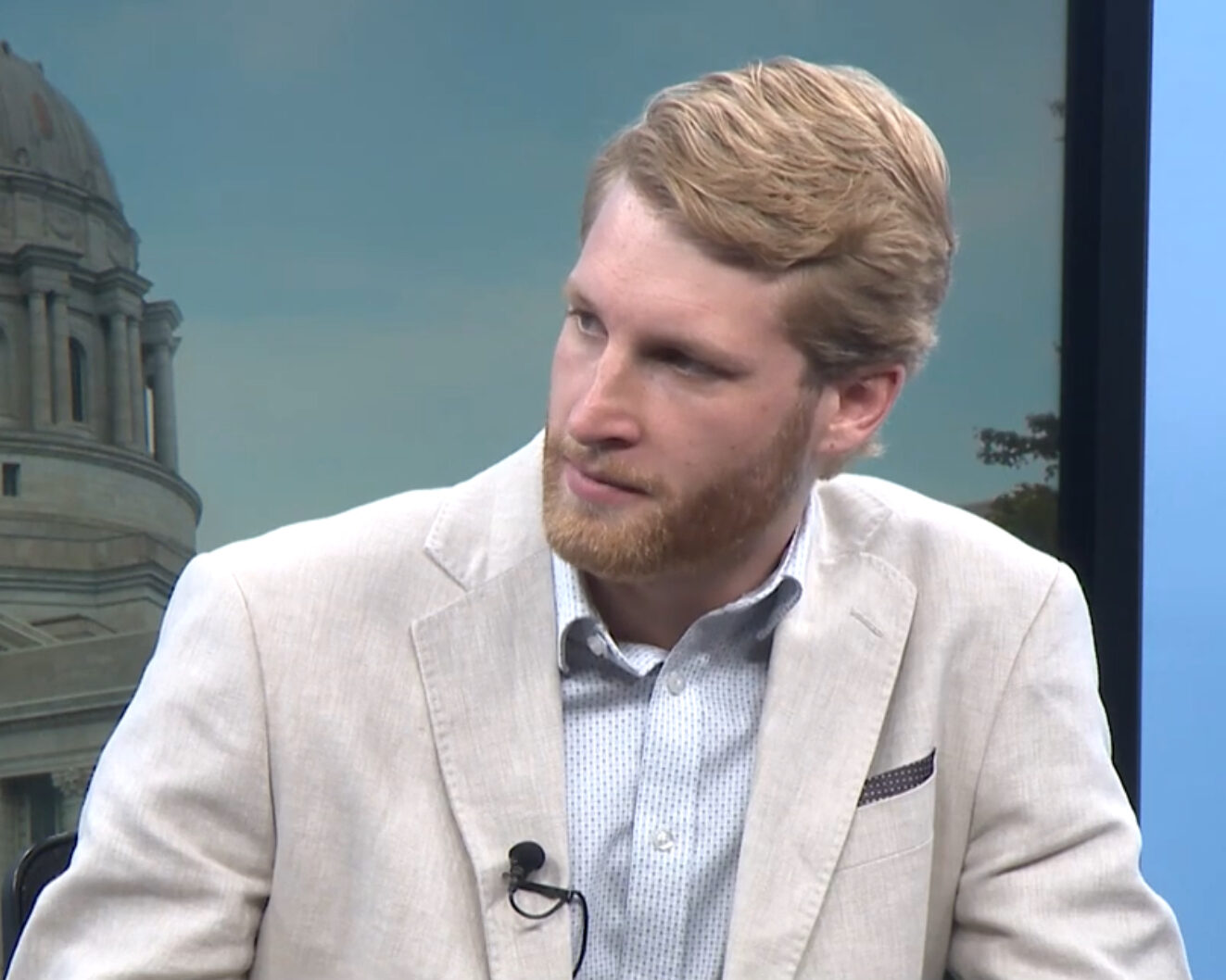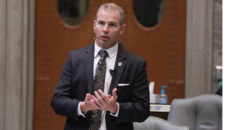Missouri has a child care problem, and we all know it. Across our state, families are scrambling to find affordable care—especially in “child care deserts,” where supply simply doesn’t meet demand. These are communities, often rural or under-resourced, where there are more than three children under the age of five for every licensed slot. The result is an overwhelming barrier for parents trying to rejoin or stay in the workforce—and a missed opportunity to support the development of Missouri’s future talent.
That’s why I support the $5 million child care cost-sharing program included in House Bill 5 and why I hope Governor Kehoe will sign it into law.
As a board member of Aligned, a nonpartisan organization working to strengthen education from early childhood through high school, I believe the best solutions are the ones that bring the right partners to the table—business, philanthropy, and government—working together to remove barriers for families.
This approach is precisely what the cost-sharing pilot does. It builds on promising models like Michigan’s Tri-Share program, where child care costs are split three ways between the employer, the state, and the employee. Missouri’s version adds even more flexibility—allowing community foundations and local governments to participate in place of the employer, which is especially helpful in areas where small businesses want to help but can’t shoulder the full cost.
Here’s what this program would do: It would help fund child care slots for working families who fall just above the income limit for state subsidies. These families earn too much to qualify for traditional support but too little to afford full-price care. The pilot would prioritize families with lower incomes, infant and toddler care (which is most scarce), and those living in child care deserts.
Governor Kehoe has made it clear that child care is a priority. His administration has already taken strong steps to fix the subsidy payment system, overhaul outdated regulations, and pilot new approaches like paying providers based on enrollment instead of attendance. He’s also proposed $10 million for child care innovation grants, signaling a willingness to support partnerships that work.
This cost-sharing model aligns perfectly with the Governor’s vision.
Approving the child care cost sharing funds in House Bill 5 simply honors what the legislature already passed and what the Governor’s budget included initially. It’s a fiscally responsible way to test a model that could deliver significant returns.
As someone who works for a non-profit, I see how eager communities are to partner in new ways. We know that a reliable child care system supports family stability, educational outcomes, and workforce participation. However, we also understand that no sector can fix this alone. The state doesn’t have to bear the full weight—but it can be the catalyst.
We’re at a moment when Missouri must lead. This program allows us to learn, adjust, and scale what works. It signals to families and employers that Missouri is serious about solving this crisis and building a future where every child has access to opportunity from the start.
Governor Kehoe has already laid the groundwork. Now, we’re asking him to take the next step and approve the program funding in House Bill 5. Missouri’s families, businesses, and
communities are ready to meet him there.

Board Member of Aligned





